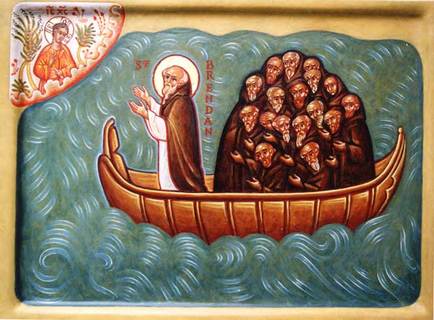How Travelling Abroad Builds Trust and Tolerance
To gain access to all Ideas for Leaders content please Log In Here or if you are not already registered then Register Here.

The idea that travel can be important for personal development and ‘growth’ is well established. Spending time overseas can ‘broaden the mind’ — not only by increasing knowledge but also by reducing xenophobia. The maximum benefits, however, might depend on breadth as well as depth of experience. Recent empirical research finds a causal link between the ability to trust and accept others and exposure to a diverse range of ‘out groups’.
To read the full text on this Idea you will need to log-in or register with the Ideas for Leaders site. Please click here to log-in and here to register for the first time.
If you are a member of one of our Sustainable Leadership Communities you can log-in using your SLC log-in details, with your email prefixed by the community group you are in. eg: uk.jane.fraser@abcgroup.com

Ideas for Leaders is a free-to-access site. If you enjoy our content and find it valuable, please consider subscribing to our Developing Leaders Quarterly publication, this presents academic, business and consultant perspectives on leadership issues either as a digital subscription, or better still in a beautifully produced, small volume delivered to your desk four times a year.

For the less than the price of a coffee a week you can read over 650 summaries of research that cost universities over $1 billion to produce.
Use our Ideas to:
Speak to us on how else you can leverage this content to benefit your organization. info@ideasforleaders.com